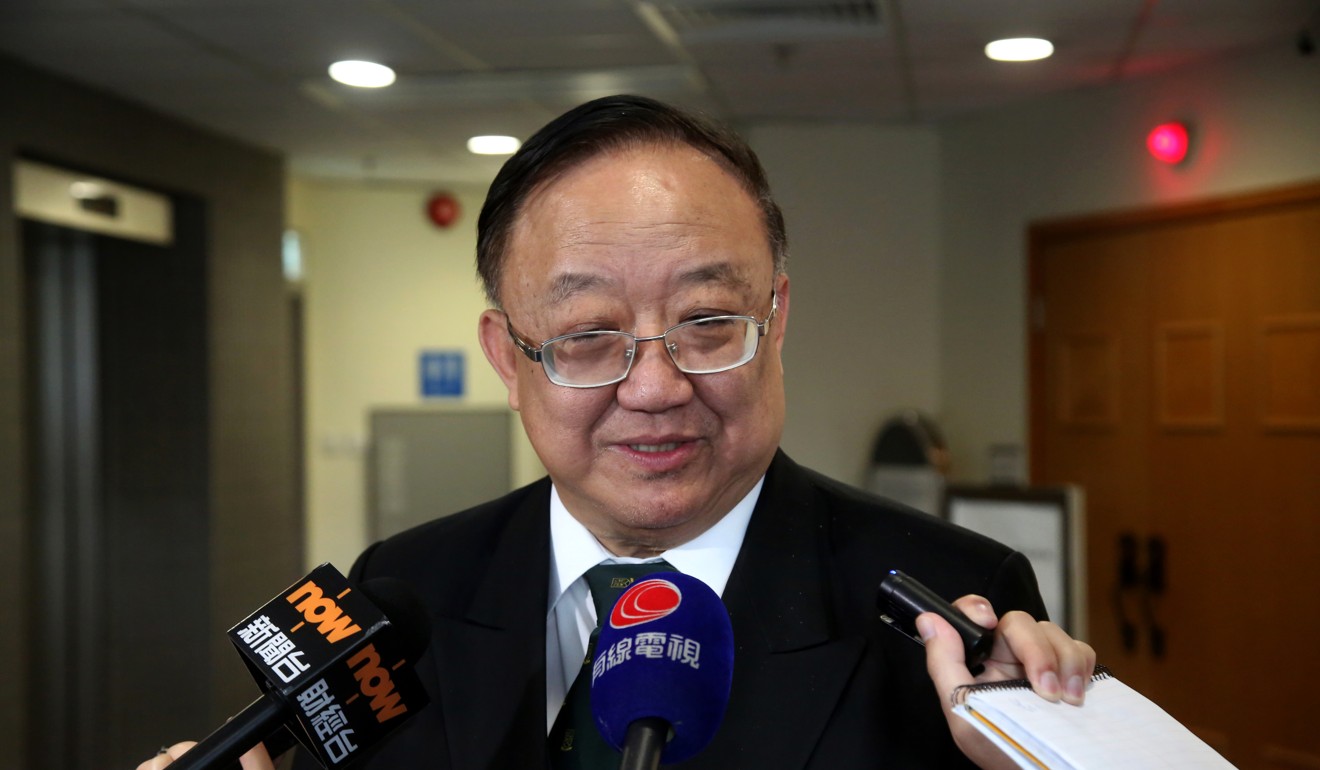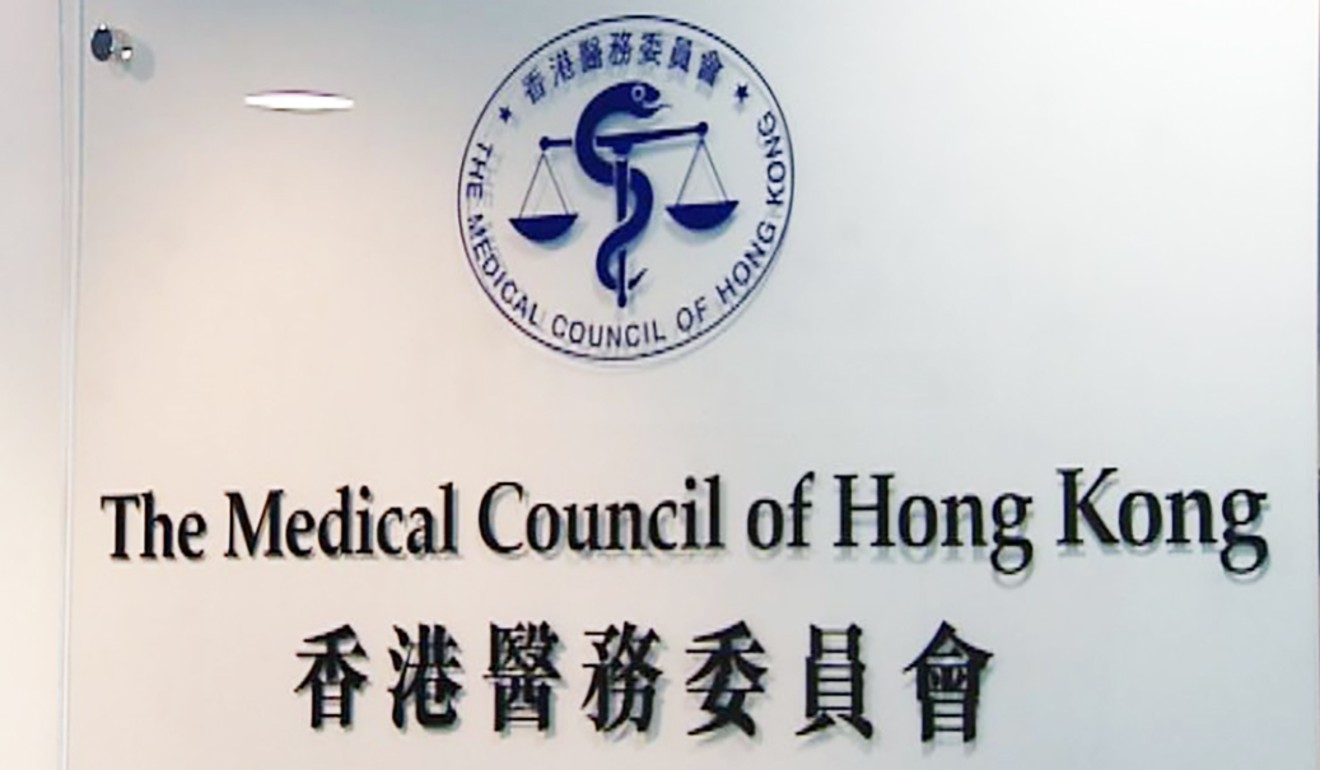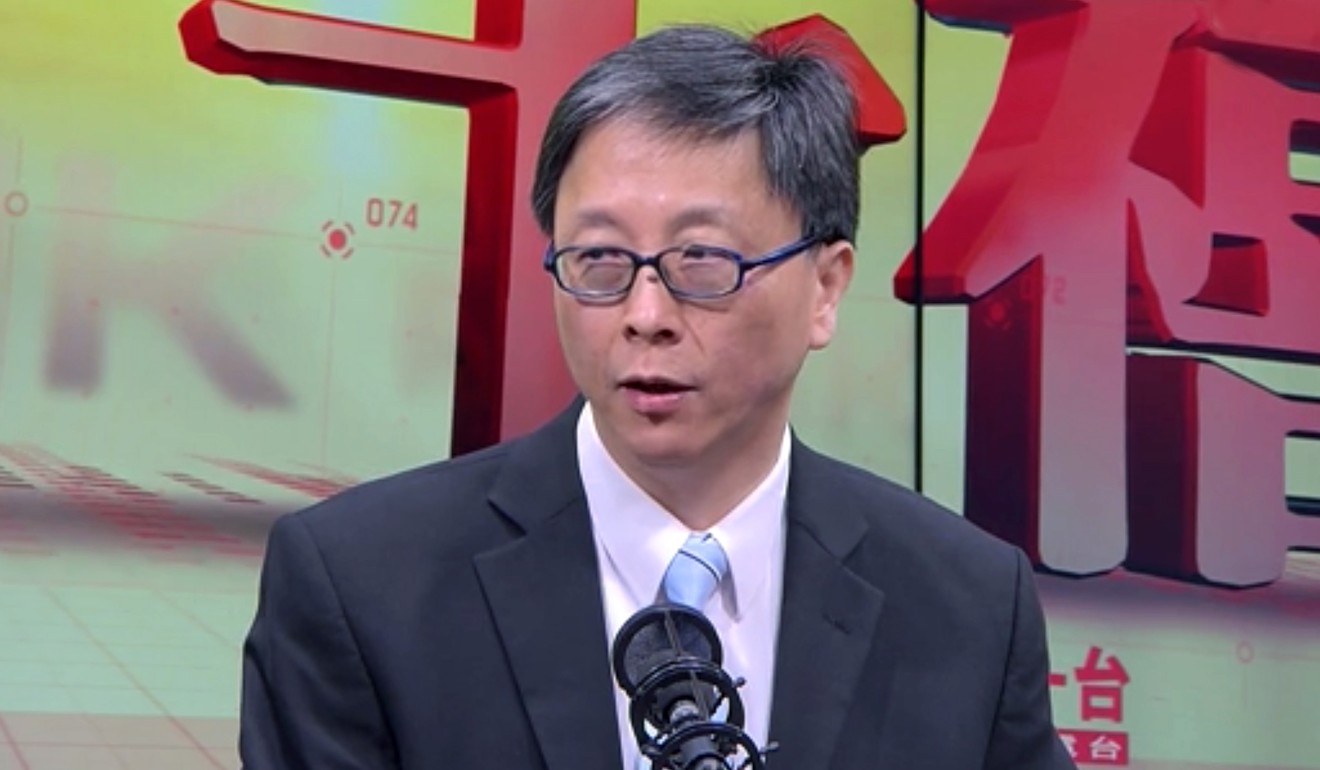
Doctors urge second vote on easing restrictions for foreign-trained medics in Hong Kong
- The Medical Council ballot on Wednesday failed to pass any of four proposals aimed at fully exempting relevant overseas-trained specialists from internships
- Doctors rejected chairman Professor Joseph Lau’s claim that some council members had voted differently to what they had earlier stated

Doctors have called for the medical watchdog to vote again on proposals to attract more overseas medics to Hong Kong, blaming the flawed election method for the failure to agree on the best option.
They have also denied politics was to blame for the Medical Council’s inability to pass any of the four proposals, which aimed to fully exempt internship requirements for overseas-trained specialists who have passed the city’s licensing exam.
Overseas-trained specialists can currently apply for exemptions from part of the 12-month internship after passing the licensing exam. The new proposals aimed to further relax the requirements, to relieve the overburdened public health care system, which is about 300 doctors short at any given time.
Dr David Lam Tzit-yuen, a member of the council and vice-president of the Medical Association, hoped the council might find a way to revisit the issue again, without having to wait another six months to put forward the same item, as its house rules require.

Lam added that, in general, there was a consensus among the medical sector on the need to relax the internship requirements. But he said the voting method – asking council members to declare their stance on each of the four proposals – had prevented the council from coalescing behind one plan.
“If there is the fifth or the sixth proposal which has not been rejected before, could it be tabled [earlier]?” Lam asked on a radio show on Thursday. “I hope it can be done soon. A proposal with slight changes is also a new proposal.”
Lam added that whether the plan could be tabled again soon would also be subject to legal advice.
Another council member, Dr Gabriel Choi Kin, had similar thoughts.
“If there is a feeling among the public that this item needs to be discussed earlier, we could waive the house rule after getting agreement from the full council,” Choi said.
“I hope it can be done as early as next month, if the council chairman agrees,” he said, adding that the discussion could involve new proposals, or voting again on the two previous proposals with the highest number of votes.
But Dr Ho Pak-leung, another council member, had reservations about the feasibility of tabling other proposals.
It is understood several council members questioned the voting method before casting their ballot, but a source said the council’s chairman, Professor Joseph Lau Wan-yee, had insisted on the proposed voting mechanism.

In Wednesday’s meeting, 29 attending council members were required to vote in a secret ballot to declare their stance on each of the four proposals.
One of the four options would have required three years’ work experience with the Hospital Authority, either of the city’s two medical schools or the Department of Health, as well as passing the licensing exam during that time.
Another option would have required overseas doctors to work for those public institutions for three years after taking the exam. The other two had similar requirements for time spent in the public sector, but limited it to working with the authority.
Proposals with more than half of the votes were to be voted on further, but none of the options reached that threshold.
But Choi said the method of simple majority, meaning to pick the option with the most votes, should have been used instead. He said such a method had been adopted by the council in the past for most votes.
Lau suggested on Wednesday that some council members had voted things down despite saying they would like to relax the internship requirements.
“Saying and doing are two different things in politics,” Lau said.
His remarks prompted a rebuttal from Lam, who accused Lau of being partly to blame for the collapse.

Lam believed three members voted against all four proposals, resulting in all of the options falling short.
“Those three votes affected the entire situation and became the key minorities,” Lam said, adding that those members might have believed there was still a need to keep a certain number of days of internship for overseas-trained specialists.
Ho also blamed the election method, and said he and some other council members considered a better method would have been to get voters to choose only one option from the four proposed. If no option got more than half of the votes cast, the two with the most votes would go to a second-round run-off.
“If the voting was done like that, a proposal would definitely have been chosen,” Ho said.